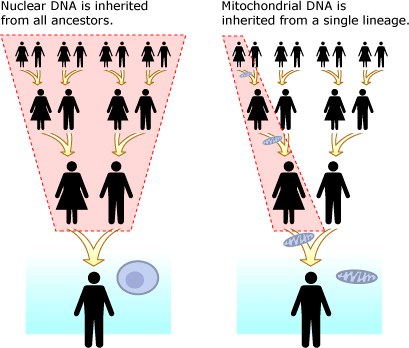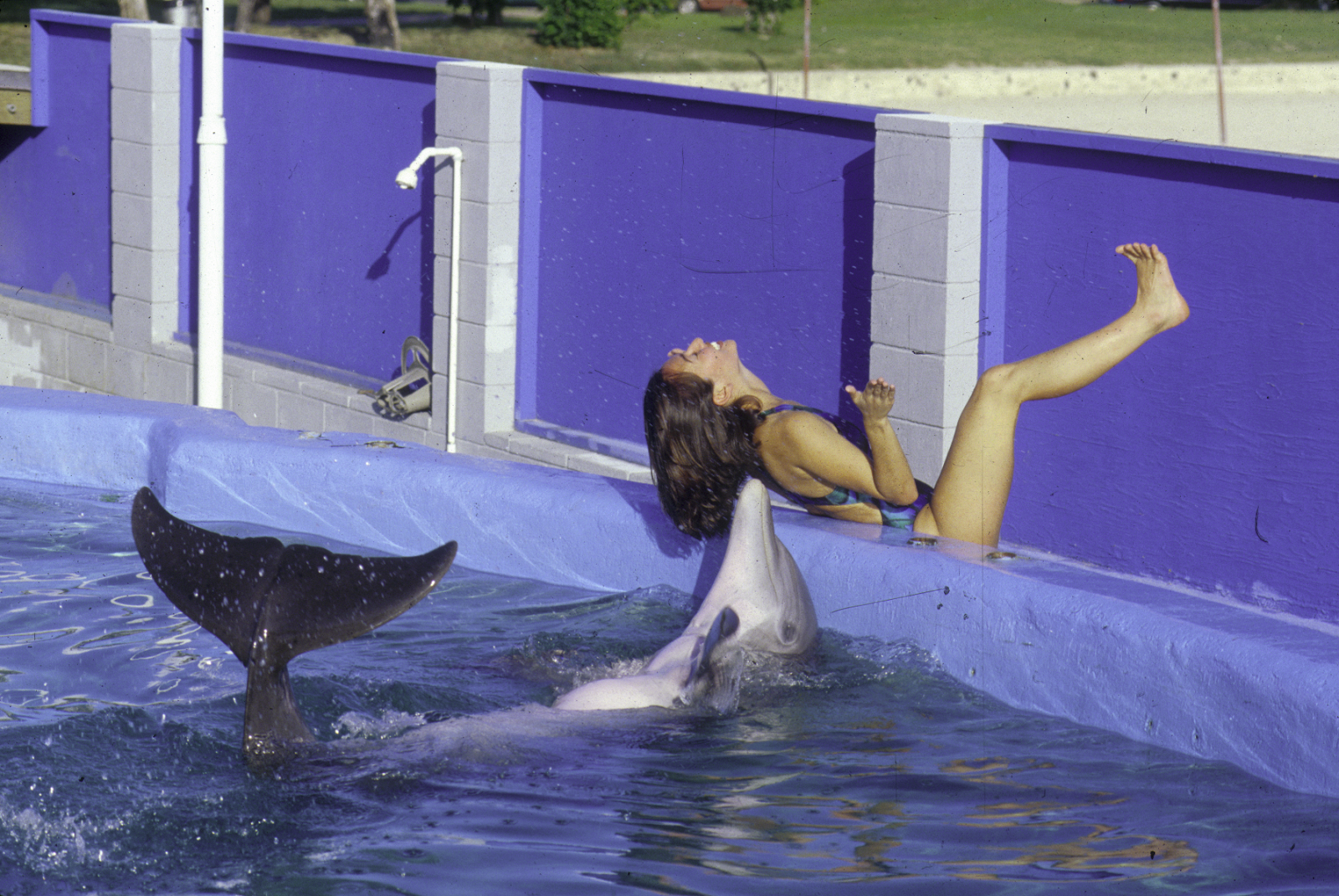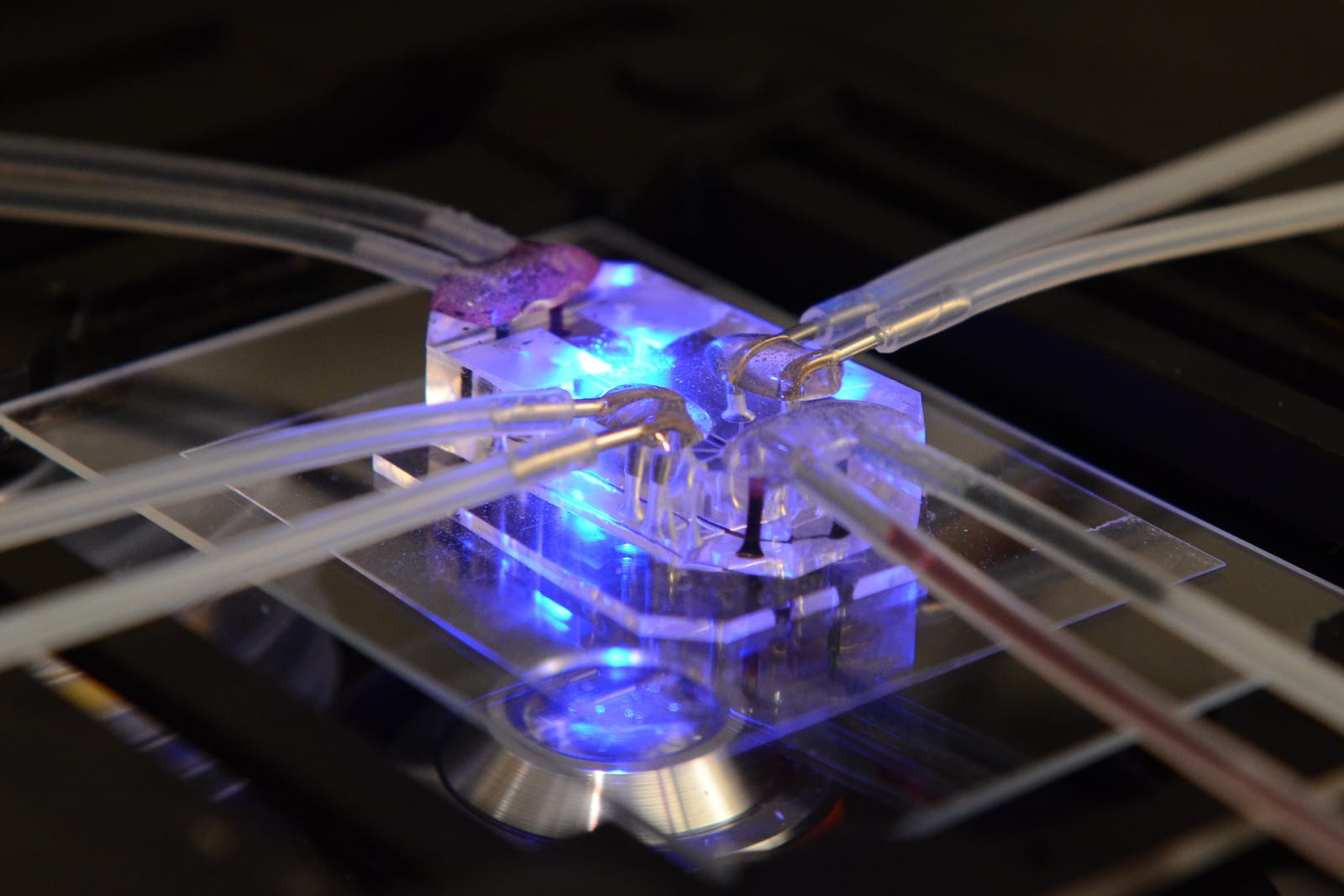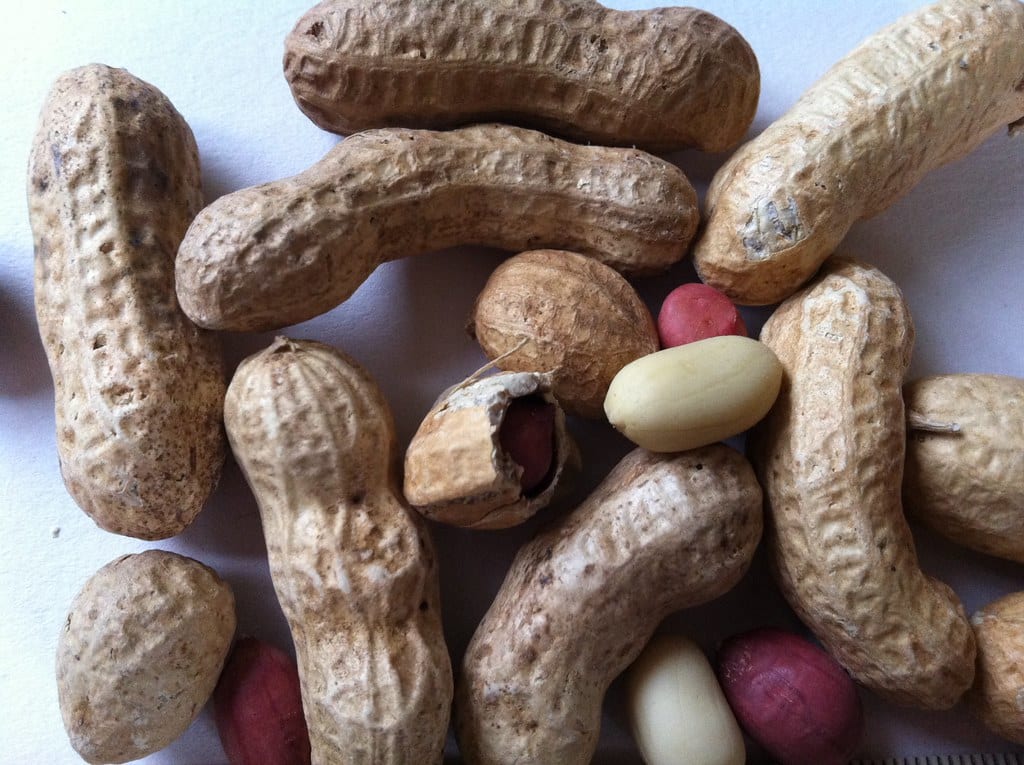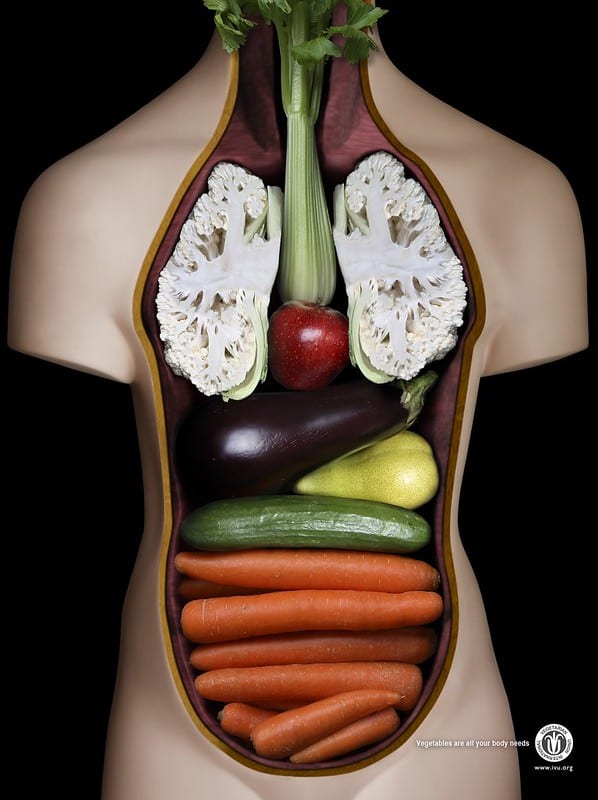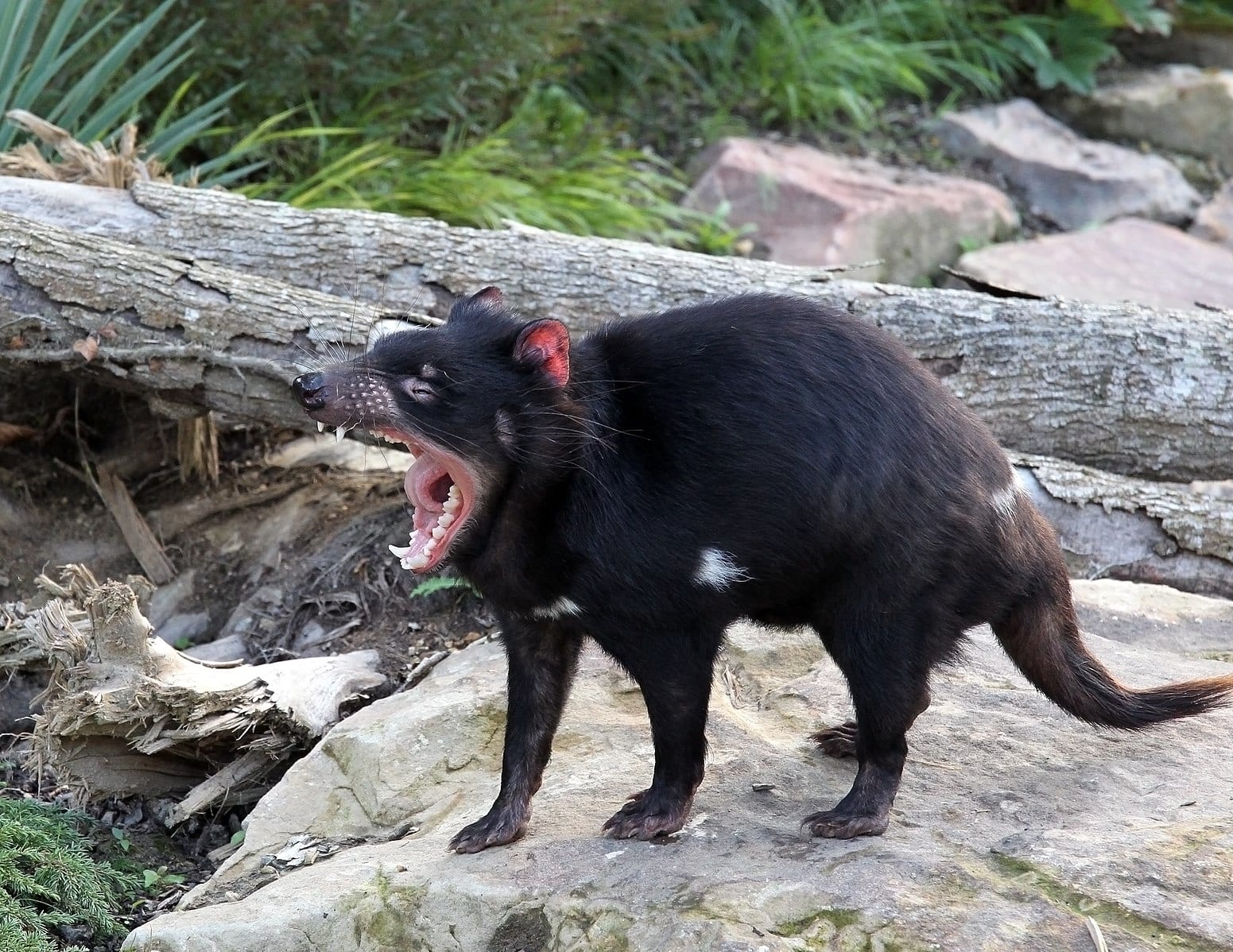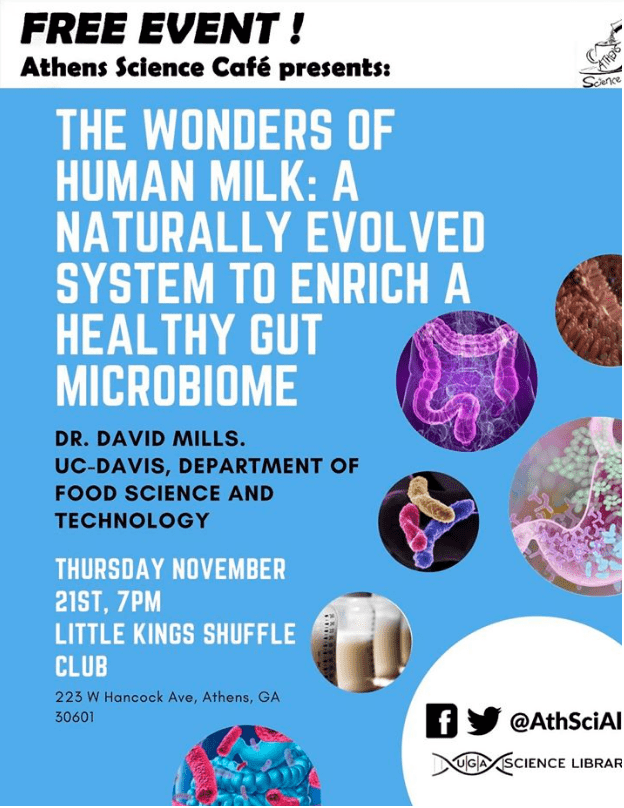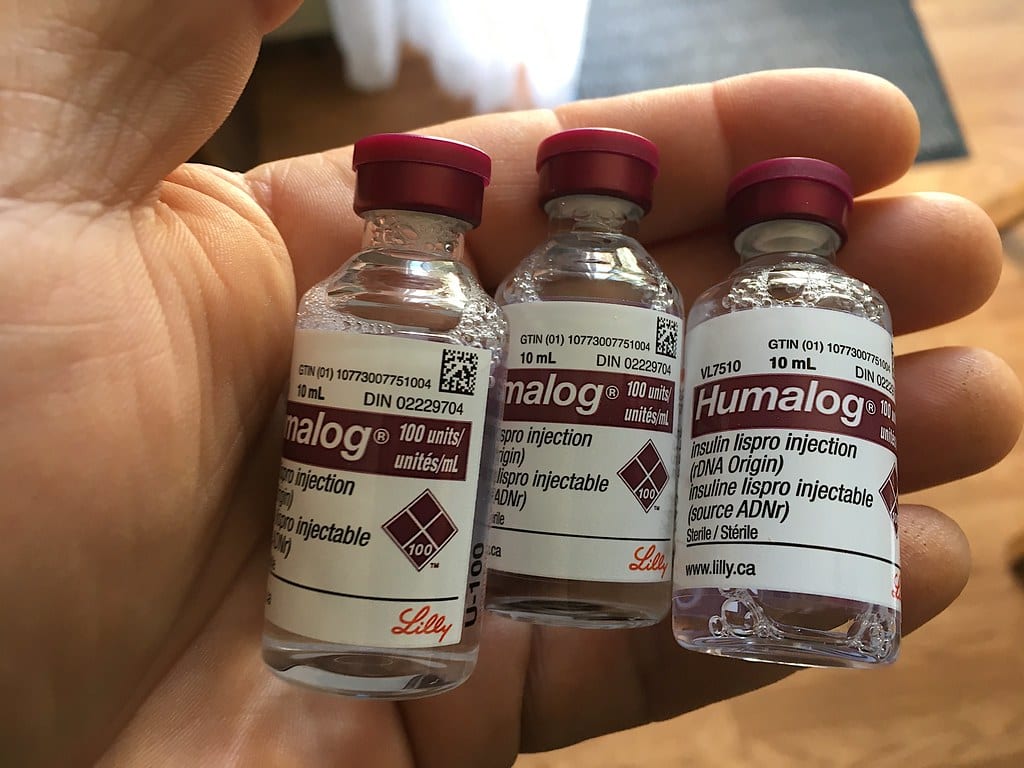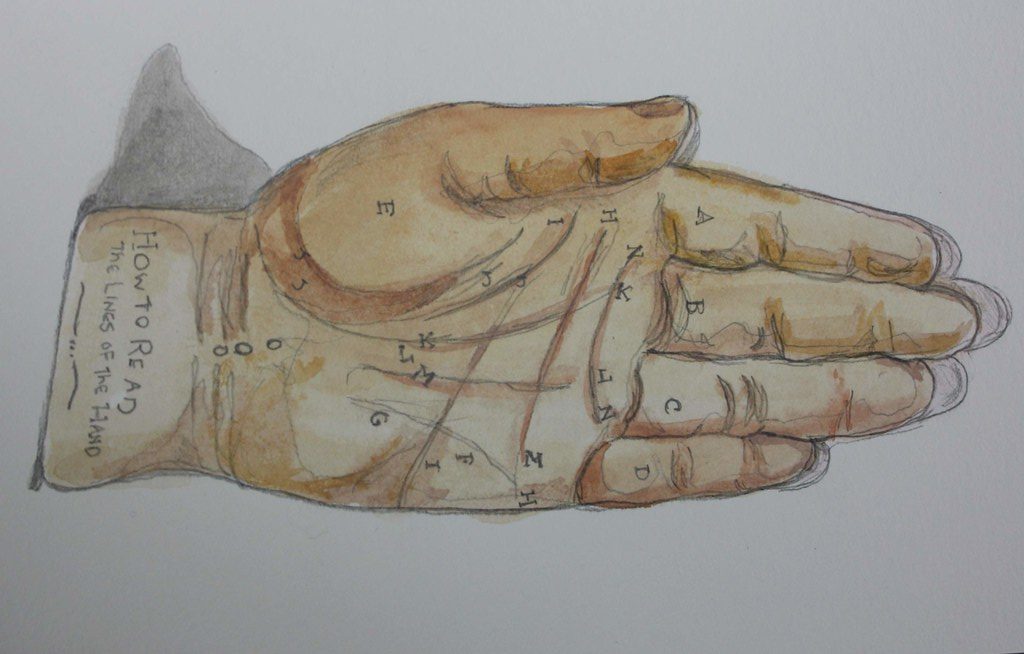
The Fault in Our Epigenome: The science behind aging
From the Yoruba tradition of throwing cowrie shells, to the Roma fortune tellers peering at palms, people throughout history have wondered if there was some sort of physical or external way to map out the path of our lives. Modern day scientists are still pondering how to predict the future, but instead of looking up

